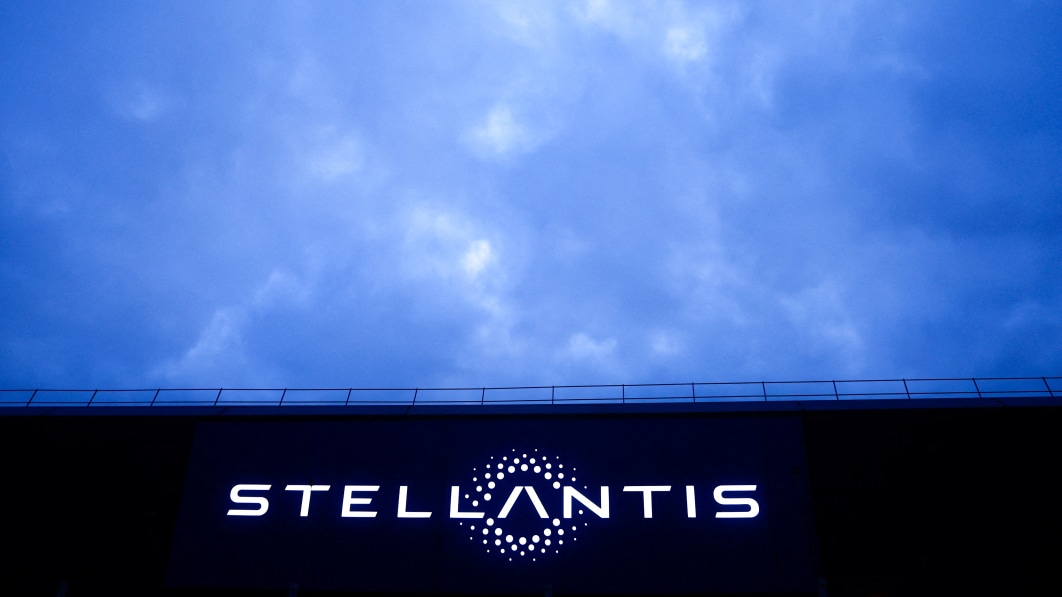
MILAN – Stellantis on Tuesday said it was suspending production at its Russian plant due to logistical difficulties and sanctions imposed on Moscow.
The world’s fourth-largest automaker, which produced and sold the Peugeot, Citroёn, Opel, Jeep, and Fiat brands in Russia, has just 1% of the country’s car market.
It runs a van-making plant in Kaluga, around 125 miles (201 kilometres) southeast of Moscow, co-owned with Japanese carmaker Mitsubishi, which halted production at the facility earlier this month.
“Given the rapid daily increase in cross sanctions and logistical difficulties, Stellantis has suspended its manufacturing operations in Kaluga to ensure full compliance with all cross sanctions and to protect its employees,” Stellantis said in a statement.
The plant employs 2,700 people. The company will continue to pay salaries through a local downtime scheme and by using anticipated vacation periods, Stellantis told Reuters. It said it did not know how long the stoppage would last, adding that its priority was its staff and the return of peace.
Stellantis had already suspended all exports and imports of vehicles with Russia, following Moscow’s invasion of Ukraine, moving production to western Europe. It had also said it was freezing plans for more investments in the country. Van production in Kaluga had remained just for the local market.
Scores of foreign companies have announced temporary shutdowns of stores and factories in Russia or said they were leaving the country for good since Russia began what it calls “a special military operation” in Ukraine on Feb. 24.
Stellantis Chief Executive Carlos Tavares in late March said the group would have to close the Kaluga plant shortly as it was running out of parts. Separately on Tuesday, General Motors Co said it was extending its suspension of business in Russia due to the conflict and international sanctions.
The U.S. automaker, which initially suspended imports into Russia and commercial activity on Feb. 28, said it was laying off most of its 66 employees and providing them with separation packages. GM does not have plants in Russia and only sold about 3,000 vehicles annually there prior to the suspension.
(Additional reporting by Ben Klayman in Washington; Editing by Mark Potter and Mark Porter)
